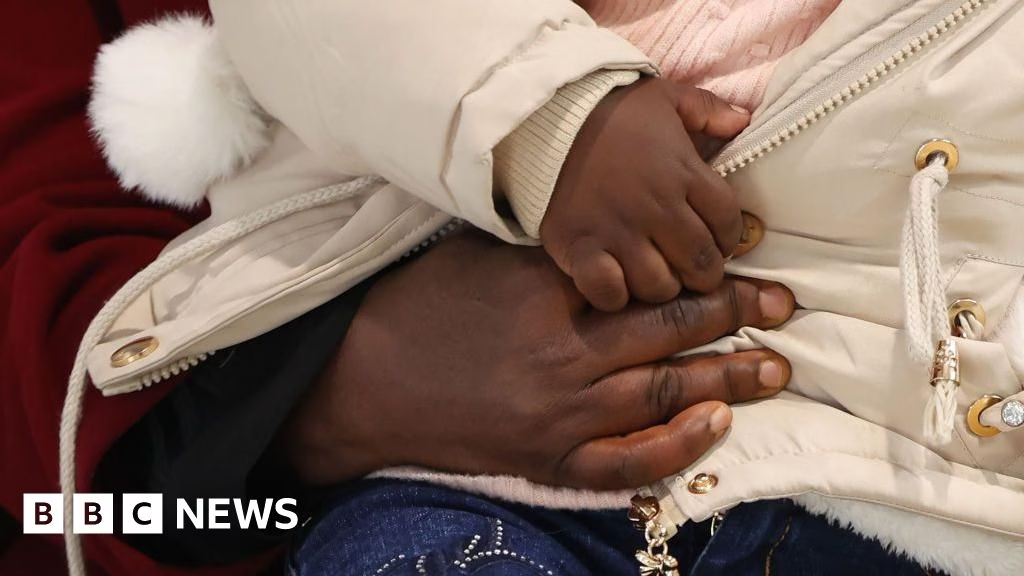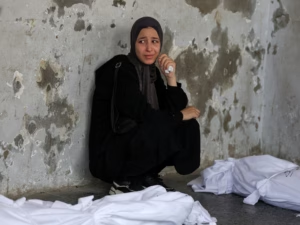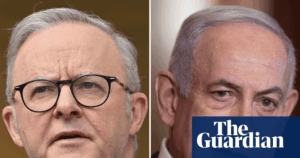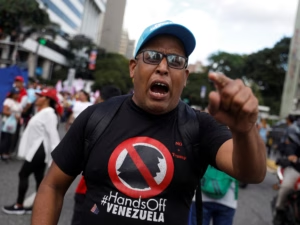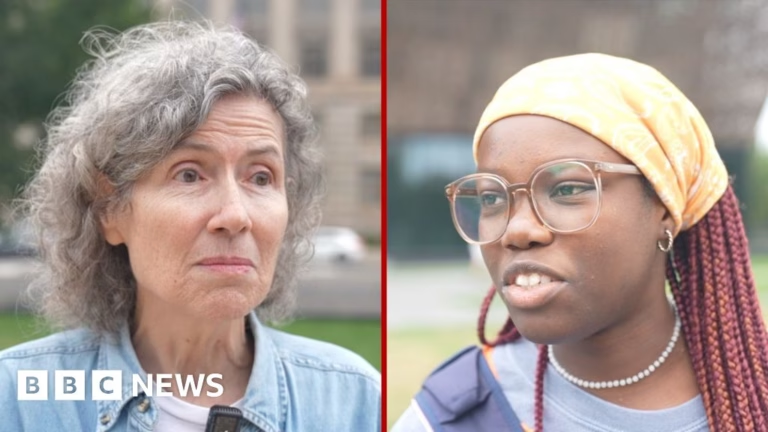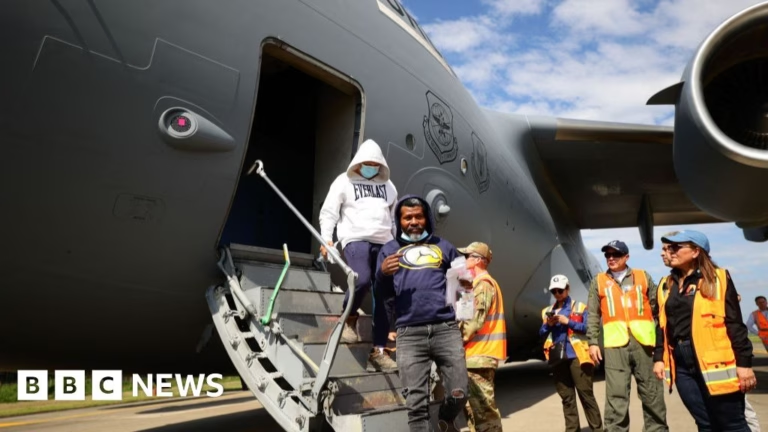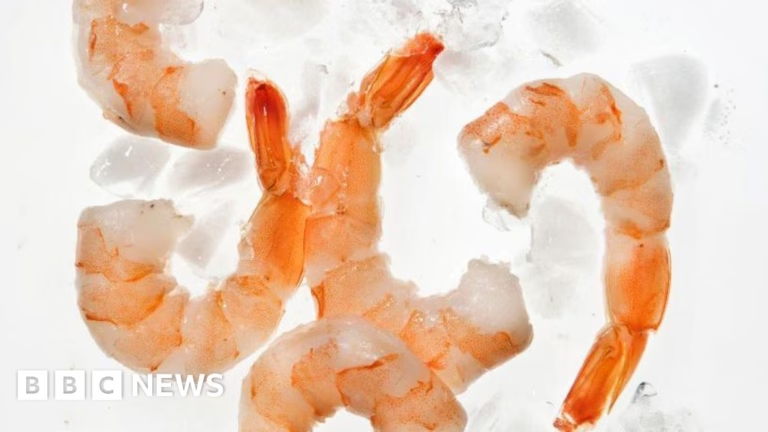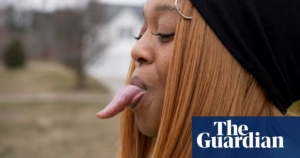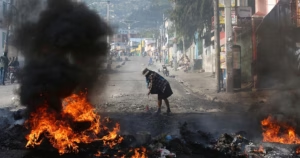Libyan authorities have accused aid organizations of plotting to alter the country’s ethnic composition by encouraging African migrants to stay, and have ordered these groups to close their offices. The affected groups include prominent organizations like Doctors Without Borders, the UN refugee agency, and the Norwegian Refugee Council. According to Salem Gheit, a spokesman for the Internal Security Authority, this plan is considered a hostile act aimed at changing the demographic makeup of Libya and endangering societal balance. This statement echoes a similar anti-black accusation made by Tunisia two years earlier. Both Libya and Tunisia are significant transit points for African migrants crossing the Mediterranean to Europe. Since the 2011 overthrow of Muammar Gaddafi, Libya has experienced government collapse, allowing armed militias and human traffickers to thrive. The country is now divided, with each section governed by a rival administration. Migrant detention centers have been particularly harsh, with reports of deadly beatings, starvation, and the Libyan coastguard allegedly filming people drowning instead of rescuing them. The internationally recognized government based in Tripoli issued the order to expel the aid groups. Doctors Without Borders (MSF) suspended operations in Libya last week, citing a campaign of harassment and interrogation of international NGO staff since mid-March. MSF expressed grave concern for the well-being of patients and the safety of humanitarian workers. The UN’s refugee agency (UNHCR) defended its work, stating that it aids refugees in dire need, not “migrants,” and operates with Tripoli government consent. Spokesman William Spindler noted that UNHCR has been active in Libya for over 30 years. The accusation that aid groups support “illegal migrants” by providing essential services to keep migrants in the country is disputed, as many migrants do not wish to remain in Libya due to the severe abuse and mistreatment they face, including violence, enslavement, and rape.
Source: https://www.bbc.com/news/articles/cx2vnvnpe00o
